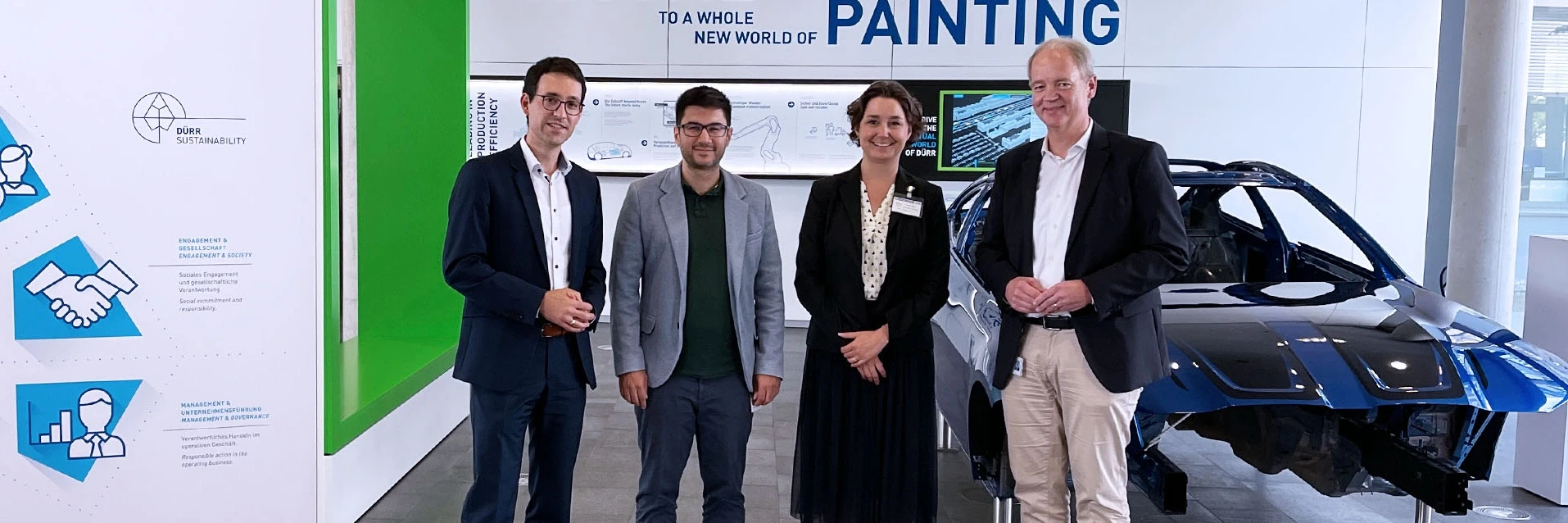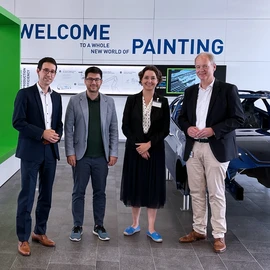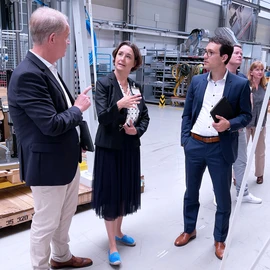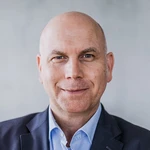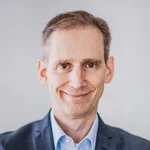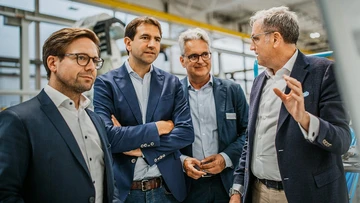Dr. Hannes Schmüser emphasized the importance of a policy that creates good framework conditions for all companies, rather than subsidizing individual sectors. Funding programs should be predictable and not end abruptly, as was the case with electric vehicles.
“The increase in regulation over the past few years is presenting companies with ever greater challenges. The immense increase in bureaucracy is detrimental to the actual concerns, which are often sensible and important. The additional effort required for reporting means that the day-to-day business of entire segments suffers.” Dr. Hannes Schmüser cited the German Supply Chain Due Diligence Act as an example. “The goal of avoiding human rights violations in the supply chain, among other things, is absolutely right, but the way to achieve it is problematic.”
Hanjo Hermann, Head of Sustainability at the Dürr Group, added: “We have to overcome high bureaucratic hurdles to prove our sustainable activities. Ambiguities in new laws must not be at the expense of companies.” He is convinced that examples of implementation and clearly defined calculation methods for the required key figures would help to reduce uncertainties.
Homework for politicians
Dr. Sandra Detzer thanked for the frank words and the good exchange. “The world of a rules-based trade order, as we have known it for decades, is changing rapidly. As a strong export nation, Germany has an interest in preventing subsidy races and strengthening rules-based global trade. This is what we in the Federal Government are working for. Still, we must not close our eyes to reality: Geopolitics is becoming increasingly intertwined with global economic policy. We have to find a response to this — together with the companies.”
European regulations such as the Supply Chain Due Diligence Act make sense, according to Detzer. “Companies like Dürr invest a lot to deliver cutting-edge technology and at the same time operate in a socially and environmentally sustainable way. They need the right framework conditions to ensure that their business models are not threatened by the unfair practices of others. We can best set the framework conditions at European level. Low-effort implementation is a key objective that we in Brussels and Berlin clearly need to focus on even more,” said the Member of the German Bundestag from the Ludwigsburg constituency.
Self-generation of electricity expanded
Another topic were the Dürr Group’s activities for climate protection. The company, which has around 20,000 employees worldwide, has switched to green electricity from 100% renewable energy sources at all its locations. In addition, the conversion to energy-efficient building technology is being continued: In the past year alone, photovoltaic systems were commissioned at four locations to generate their own renewable electricity.
In general, the mechanical and plant engineering sector has an important role to play on the path to climate neutrality, as Hanjo Hermann explained. Mechanical and plant engineering is directly responsible for around 1% of global CO2e emissions (CO2 equivalents), but has an influence on around 70% of the CO2e emissions caused in other industrial sectors. An important lever in this regard are sustainable machines and systems for resource- and energy-saving production processes, such as those offered by the Dürr Group to its customers.
